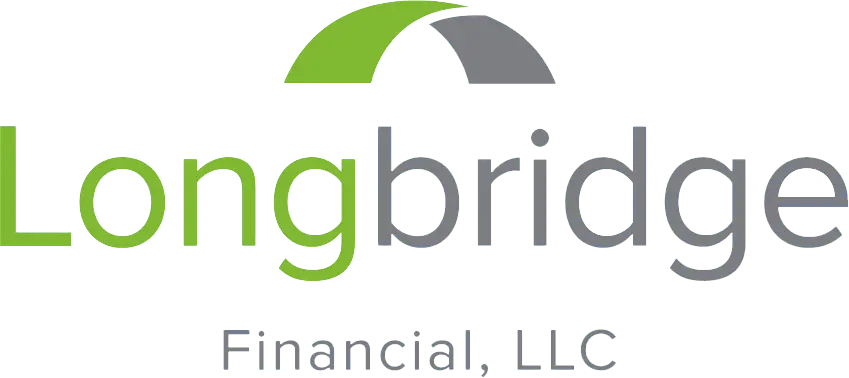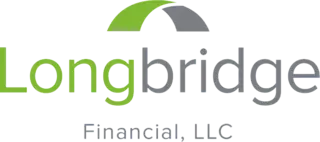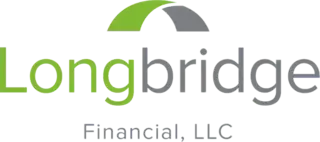5 Ways to Use Your Home to Help Pay for Retirement

Finding ways to bring in more cash when you’re retired is no easy feat. You don’t have as many options to earn as you did when you were younger, and the price tag on many of your biggest expenses, such as medical care and prescriptions, are largely out of your control.
There is one area, though, where many retirees have a big advantage over their younger peers: access to a big, golden nest egg in the form of their home.
Even better, while home price growth has moderated recently, homeowners today are still sitting on historic amounts of home equity following the pandemic-era housing boom. As of mid 2025, Americans 62 and older held a record $14.39 trillion in home equity — roughly 40% of the country’s total home equity — according to data from the National Reverse Mortgage Lenders Association.
Whether you’re looking to supplement your monthly retirement income or just fund a one-off project, there are many ways your home can boost your cash flow. Let’s compare the different approaches.
Selling your home
Older adults are roughly split in opinion about selling their homes. Half are open to the idea of selling or have already done it, while the other half are vehemently opposed to the idea, according to a Fannie Mae survey.
It’s easy to see why many people prefer to age in place. You’ve spent a lifetime paying down the balance of your mortgage, crafting the perfect home, growing community connections and building cherished memories. On the other hand, maintaining a home often becomes more difficult as you age, particularly if you aren’t able to hire professionals who can help.
And you’re not just slowing down physically, says Mark Van Drunen, senior managing director with MAI Capital Management, pointing out that aging-related cognitive decline is common. “It's hard for you to make those executive decisions, and then it becomes your children's problem. They then have to take over and make those decisions.”
In light of these problems, selling your home offers certain advantages. You can choose a new home that’s easier and less expensive to maintain, safer to live in, closer to family or in an area with a more comfortable climate or amenities. These factors can make it easier to live independently in your new home for longer than you would otherwise.
Then there’s the (obvious) financial piece: Selling your home and buying a more affordable one outright or becoming a renter can easily add six figures to your retirement portfolio.
Even if you're resistant to the idea, it’s a good idea to do the math to see how much profit you could make from selling your house after all the closing costs, taxes and remaining home debt balances are paid off. Make sure you’ll net a big enough profit to land safely in your next phase, which may be easier if you downsize into a smaller home or move to an area with a lower cost of living.
Cash-out refinance
While it’s not always ideal, the reality is that about half of homeowners today enter retirement carrying a mortgage. If that’s you, there are still ways to generate some extra cash if you’ve built up a decent amount of equity — even if you’re set on staying put.
A cash-out refinance allows creditworthy homeowners with sufficient equity and income to replace their primary mortgage with a new, larger one. You’ll pay off your first mortgage and then take the extra funds as a lump sum. This is different from a home equity loan or line of credit (HELOC) that allows you to borrow separately against your home so that you have two different debts linked to your home. With a cash-out refinance, you roll everything together into one loan.
Choosing whether a cash-out refi or a home equity loan is better often comes down to the best deal. “It would depend on your rates,” says Kevin Lam, a certified financial planner and retirement specialist with Age Wisely Financial. “So that becomes kind of a mathematical question.”
You can use free calculators online to see how much your monthly payment would be for each option, compared to the total amount of fees and interest (i.e., the ultimate “price” of each loan). If you can refinance your whole mortgage from a higher rate to a lower rate, for example, the cash-out option may be cheaper overall. Remember, too, that you’ll need to consider your ability to pay the new mortgage for the next 15 to 30 years — perhaps an even bigger factor for many retirees.
You might also be able to free up some money month-to-month via a simple rate-and-term refinance. You wouldn’t get any cash back, but if you can qualify for a smaller monthly payment, it could free up cash in your budget. Today’s retirees, though, will likely have to wait for a while before rates drop low enough for the savings to be enough to outweigh the upfront costs.
Home equity loan or line of credit
If you don’t want to take out a brand-new mortgage, a better option may be taking out a home equity loan or home equity line of credit (HELOC) to help with retirement expenses.
Home equity loans provide you with a lump sum of cash and can come with term lengths as short as five years or less, something that may align better with many retirees’ timelines. On the other hand, a HELOC offers an open invitation to borrow against your home equity on an as-needed basis over the next five to 10 years, which can be extra handy as your needs (and their associated price tags) change over time. Plus, you only pay interest on the amount you’ve tapped, not the whole credit line.
What’s more, home equity products are starting to evolve to better serve specific populations, including older homeowners. Some lenders, for example, offer fixed-rate HELOCs without a balloon payment at the end of the repayment period. That design is better for paying off higher-interest debt or simply planning a predictable payment each month — both things retirees living on a fixed income may need to prioritize.
Even so, home equity loans and lines of credit don’t get around the fact that you’ll need to budget money for extra debt payments in retirement, even if they are modest. And traditional variable-rate HELOCs, in particular, can be tough to plan around as economic conditions change.
“The biggest problem with the HELOC is that the banks can pull your line of credit, so you're not guaranteed that credit availability,” Lam says. Lenders can only do this in certain instances that will be outlined in your original agreement, such as if your home value drops and you no longer have enough equity in your home.
Reverse mortgage
Thanks to a big overhaul of government regulations, today’s reverse mortgages are a far cry from the late-night infomercials of yesteryear, and they’re winning over some former skeptics.
“I did a lot of research and realized the power in reverse mortgages and how helpful they could be,” Lam says. “Frankly, one of the biggest issues is trying to get seniors — actually anybody — to really understand reverse mortgages as they are now.”
The most common type of reverse mortgage is called a Home Equity Conversion Mortgage or HECM. These federally-insured reverse mortgages are only available to homeowners after they reach age 62. They require no monthly payments and can be structured as a line of credit, a lump sum or — one of Lam’s favorite uses — as steady monthly payments that continue indefinitely as long as you meet the ongoing loan requirements. This includes living in your home full-time and keeping up with property taxes, homeowners insurance and — a big caveat for many retirees — maintenance.
“Somebody who's in their 80s is not able to maintain it” on their own, Van Drunen says, so you’ll need to factor in maintenance costs, particularly if there are tasks you typically handled on your own when you were younger.
It’s also true that your reverse mortgage balance will continue to grow, possibly even beyond your home’s actual value, but that’s not as scary as it first sounds. Since reverse mortgages are “non-recourse” loans, you won’t have to pay back a balance that’s more than what your home is worth. Instead, if you or your heirs end up selling your home and you owe more than it’s worth, the remaining amount will be forgiven.
Renting out your home
The truth is that most homeowners — more than 8 in 10, to be exact — don’t want to use their home equity in retirement. Luckily, there are other ways that your home can provide extra income if you’re willing to make a different set of tradeoffs.
One area that seems to be growing more popular is renting out your home for extra income. “It’s definitely a possibility, but I think you kind of have to find the right person,” Lam says. “And when you get up into your 60s, people are kind of set in their ways. Sometimes it's not that easy to share your living space with somebody.”
Renting out your home for extra income can take many forms. You could list your children’s old bedrooms on Airbnb, for example, or divvy up your home into a duplex or additional dwelling unit (ADU) and rent it out long-term. Many older adults are also turning to home-sharing agreements with like-minded compadres, a la the Golden Girls. Such arrangements can help provide social interaction and safety at a time when many older adults report increased loneliness, too.
Editor's note: This story was originally published in January 2025. We've updated it to feature current information and statistics.
More from Money:
Retirees' Hidden Asset: Home Equity Options for Older Homeowners
How Much Money Do You Need to Retire? Answer These 4 Questions to Find Out
Want to Cut Costs in Retirement? Here Are 8 Ways to Lower Your Expenses




